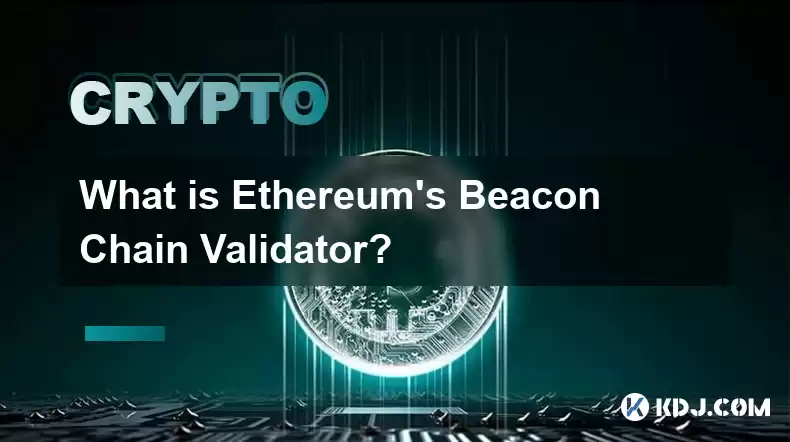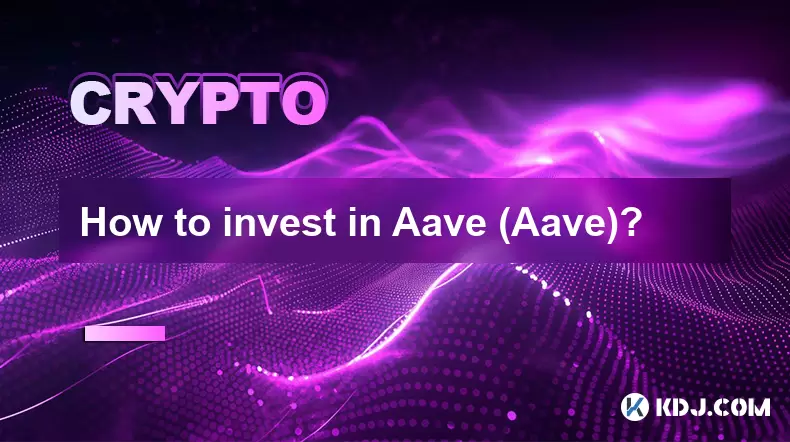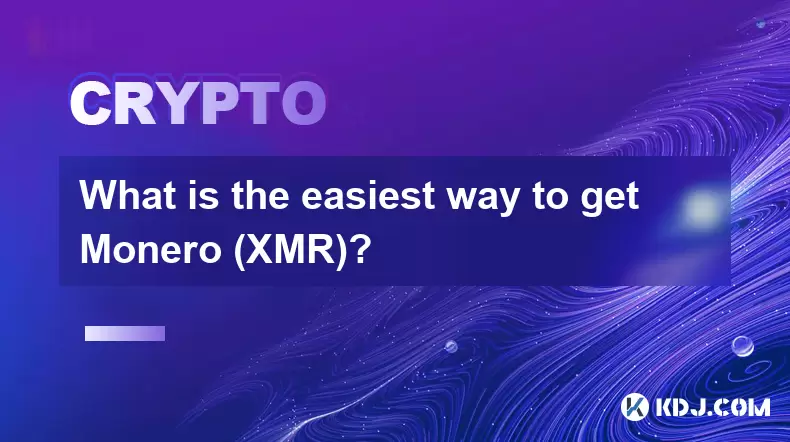-
 Bitcoin
Bitcoin $117400
1.88% -
 Ethereum
Ethereum $3867
5.29% -
 XRP
XRP $3.081
2.58% -
 Tether USDt
Tether USDt $1.000
0.03% -
 BNB
BNB $779.7
0.92% -
 Solana
Solana $171.8
2.11% -
 USDC
USDC $0.9999
0.01% -
 Dogecoin
Dogecoin $0.2172
5.80% -
 TRON
TRON $0.3413
1.41% -
 Cardano
Cardano $0.7641
3.06% -
 Hyperliquid
Hyperliquid $39.69
3.62% -
 Sui
Sui $3.731
6.73% -
 Stellar
Stellar $0.4125
3.55% -
 Chainlink
Chainlink $18.23
8.86% -
 Bitcoin Cash
Bitcoin Cash $579.5
1.41% -
 Hedera
Hedera $0.2538
4.02% -
 Ethena USDe
Ethena USDe $1.001
0.00% -
 Avalanche
Avalanche $22.81
2.82% -
 Litecoin
Litecoin $121.7
1.10% -
 UNUS SED LEO
UNUS SED LEO $8.962
-0.33% -
 Toncoin
Toncoin $3.324
2.94% -
 Shiba Inu
Shiba Inu $0.00001263
2.30% -
 Uniswap
Uniswap $10.24
4.95% -
 Polkadot
Polkadot $3.780
3.09% -
 Dai
Dai $1.000
0.03% -
 Bitget Token
Bitget Token $4.432
1.64% -
 Cronos
Cronos $0.1493
3.87% -
 Monero
Monero $256.7
-9.05% -
 Pepe
Pepe $0.00001092
3.99% -
 Aave
Aave $279.0
6.11%
What is Ethereum's Beacon Chain Validator?
Ethereum Beacon Chain validators are crucial to the network's transition to Proof-of-Stake, ensuring transaction validation and network security for rewards and ecosystem contribution.
Feb 15, 2025 at 08:54 pm

Key Points:
- Proof-of-Stake (PoS) Consensus Mechanism
- Role and Responsibilities of Validators
- Benefits of Ethereum Beacon Chain Validation
- Rewards for Validating
- Becoming an Ethereum Beacon Chain Validator
What is Ethereum's Beacon Chain Validator?
Ethereum's Beacon Chain is the backbone of the Ethereum network's transition to a Proof-of-Stake (PoS) consensus mechanism. Validators play a crucial role in this transition by validating transactions, creating new blocks, and maintaining the security of the network.
Proof-of-Stake (PoS) Consensus Mechanism
PoS is a consensus mechanism that's used to verify transactions and create new blocks. Instead of using miners who solve complex mathematical problems to create blocks, PoS relies on validators who stake their ETH to participate in the validation process.
Role and Responsibilities of Validators
Ethereum Beacon Chain validators are responsible for:
- Validating transactions before they are added to the blockchain
- Proposing new blocks to the network
- Voting on new blocks to reach consensus
- Maintaining the integrity of the blockchain
Benefits of Ethereum Beacon Chain Validation
Validating the Ethereum Beacon Chain offers several benefits:
- Rewards: Validators earn ETH for their contributions to the network.
- Enhanced security: With PoS, the more ETH you stake, the more likely you are to validate blocks, ensuring the network's security.
- Contribution to the Ethereum ecosystem: Validators play a vital role in the smooth functioning and evolution of the Ethereum network.
Rewards for Validating
Validators receive rewards in ETH for successfully validating transactions and creating new blocks. The rewards are proportional to the amount of ETH staked and the validator's uptime.
Becoming an Ethereum Beacon Chain Validator
To become a validator, you need to meet the following requirements:
- Stake a minimum of 32 ETH
- Run a special software called a validator client
- Maintain a stable internet connection
- Be available to validate transactions 24/7
FAQs:
What if a validator goes offline?
If a validator goes offline, it may lose out on potential rewards but will not be penalized. However, the network will continue to function with the remaining validators.
How often are validators rewarded?
Validators are typically rewarded every 6.4 minutes, the time it takes for a new block to be created.
Can I run multiple validator nodes with the same ETH stake?
Yes, but running multiple nodes increases your risk of penalties if one of the nodes experiences downtime.
What happens if a validator violates the network rules?
Validators who engage in malicious behavior or violate the network rules may face penalties, including a reduction in rewards or even being kicked out of the network.
Disclaimer:info@kdj.com
The information provided is not trading advice. kdj.com does not assume any responsibility for any investments made based on the information provided in this article. Cryptocurrencies are highly volatile and it is highly recommended that you invest with caution after thorough research!
If you believe that the content used on this website infringes your copyright, please contact us immediately (info@kdj.com) and we will delete it promptly.
- Pi Coin's dApp and AI Potential: Building a Decentralized Future
- 2025-08-08 02:30:12
- Ruvi AI Takes the Lead: Outshining Dogecoin on CoinMarketCap
- 2025-08-08 02:50:12
- Cryptos Under $1: Is Ripple Still the King?
- 2025-08-08 03:50:12
- Cold Wallet, Bonk Price, ICP Price: Navigating the Crypto Landscape in 2025
- 2025-08-08 03:56:12
- Memecoins, Low-Cap Gems, and the Hunt for 10,000x Gains: What's Next?
- 2025-08-08 02:50:12
- Bitcoin, Greenidge, and Liquidity: Navigating the Crypto Currents in NYC
- 2025-08-08 02:30:12
Related knowledge

Where can I buy UMA (UMA)?
Aug 07,2025 at 06:42pm
Understanding UMA and Its Role in Decentralized FinanceUMA (Universal Market Access) is an Ethereum-based decentralized finance (DeFi) protocol design...

What exchanges support buying IOTA (MIOTA)?
Aug 07,2025 at 09:58pm
Understanding the Role of Private Keys in Cryptocurrency SecurityIn the world of cryptocurrency, private keys are the cornerstone of ownership and con...

What is the best app to buy EOS?
Aug 07,2025 at 04:35pm
Understanding EOS and Its Role in the Cryptocurrency EcosystemEOS is a blockchain platform designed to support decentralized applications (dApps) with...

What platforms support buying Fantom (FTM)?
Aug 08,2025 at 01:56am
Overview of Fantom (FTM) and Its EcosystemFantom (FTM) is a high-performance, scalable, and secure layer-1 blockchain designed to overcome the limitat...

How to invest in Aave (Aave)?
Aug 08,2025 at 01:07am
Understanding Aave (AAVE) and Its Role in DeFiAave is a decentralized finance (DeFi) protocol that enables users to lend, borrow, and earn interest on...

What is the easiest way to get Monero (XMR)?
Aug 08,2025 at 02:56am
Understanding Monero (XMR) and Its Privacy FeaturesMonero (XMR) is a privacy-focused cryptocurrency that ensures complete anonymity in transactions th...

Where can I buy UMA (UMA)?
Aug 07,2025 at 06:42pm
Understanding UMA and Its Role in Decentralized FinanceUMA (Universal Market Access) is an Ethereum-based decentralized finance (DeFi) protocol design...

What exchanges support buying IOTA (MIOTA)?
Aug 07,2025 at 09:58pm
Understanding the Role of Private Keys in Cryptocurrency SecurityIn the world of cryptocurrency, private keys are the cornerstone of ownership and con...

What is the best app to buy EOS?
Aug 07,2025 at 04:35pm
Understanding EOS and Its Role in the Cryptocurrency EcosystemEOS is a blockchain platform designed to support decentralized applications (dApps) with...

What platforms support buying Fantom (FTM)?
Aug 08,2025 at 01:56am
Overview of Fantom (FTM) and Its EcosystemFantom (FTM) is a high-performance, scalable, and secure layer-1 blockchain designed to overcome the limitat...

How to invest in Aave (Aave)?
Aug 08,2025 at 01:07am
Understanding Aave (AAVE) and Its Role in DeFiAave is a decentralized finance (DeFi) protocol that enables users to lend, borrow, and earn interest on...

What is the easiest way to get Monero (XMR)?
Aug 08,2025 at 02:56am
Understanding Monero (XMR) and Its Privacy FeaturesMonero (XMR) is a privacy-focused cryptocurrency that ensures complete anonymity in transactions th...
See all articles

























































































